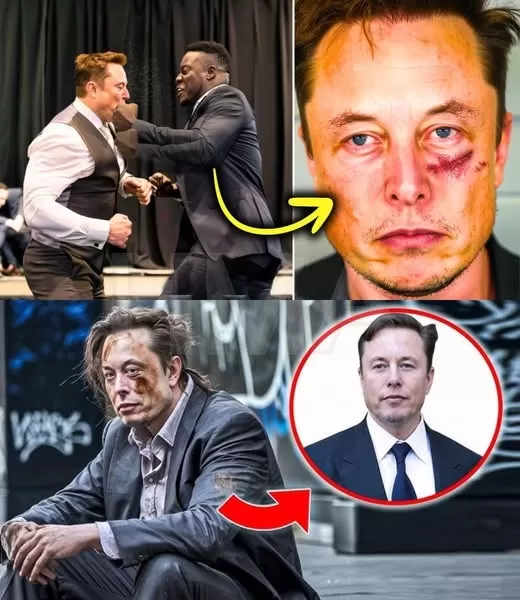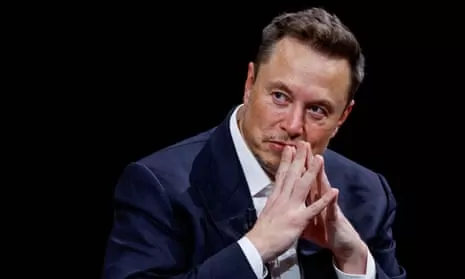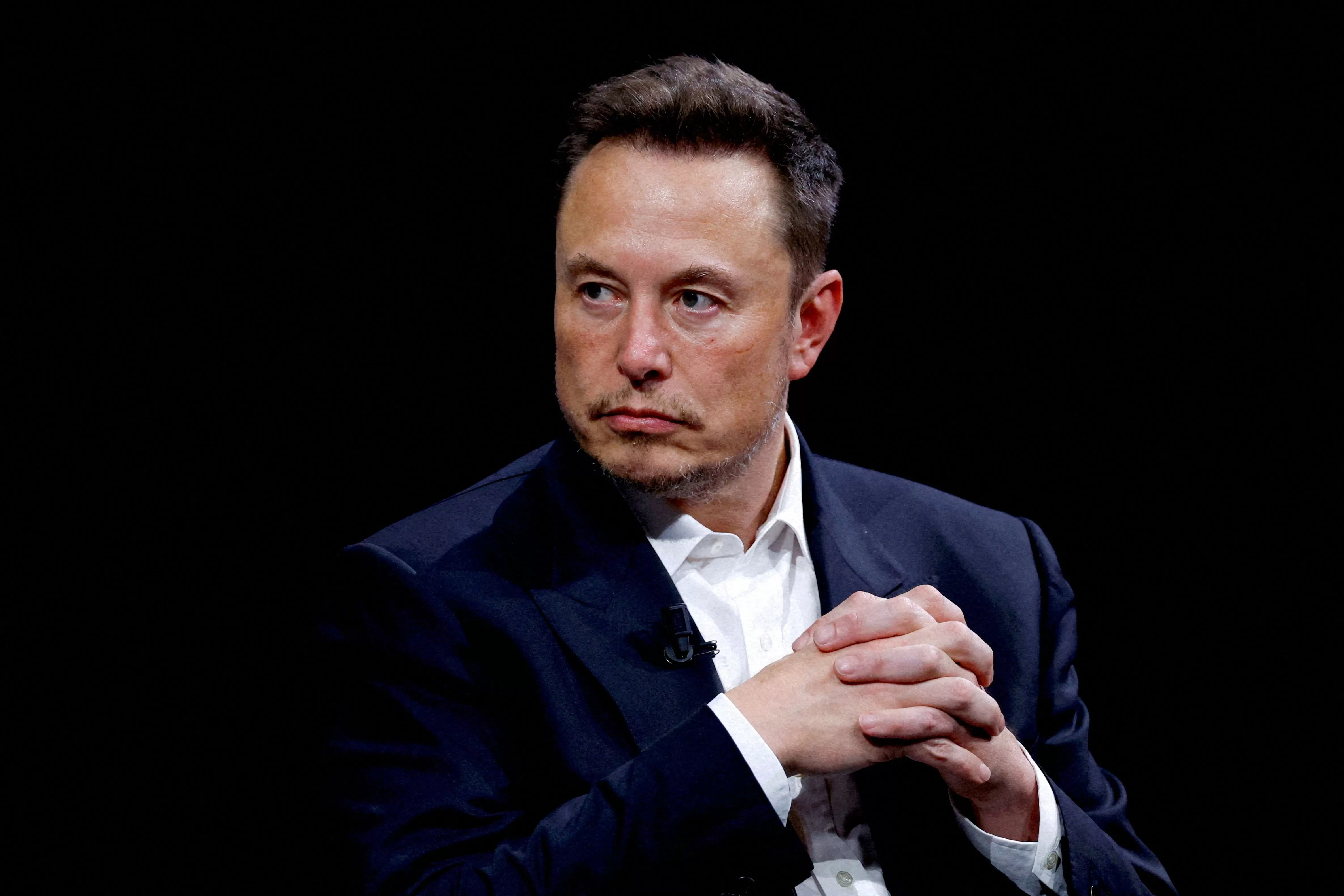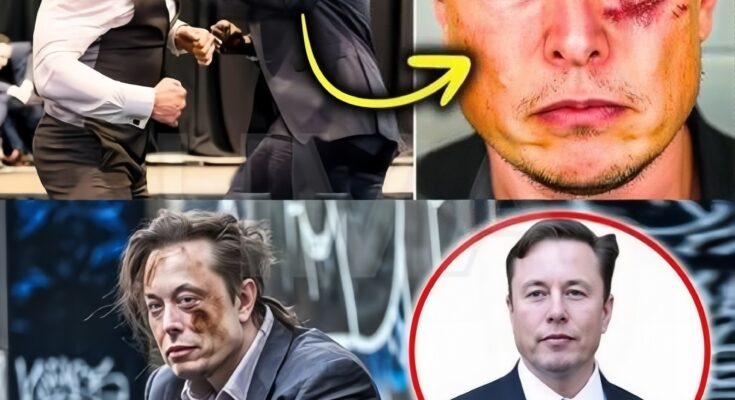In a world where groundbreaking ideas are exchanged and history is shaped, the scientific community prides itself on fostering innovation, respect, and inclusivity. However, an unexpected incident during a high-profile scientific meeting recently disrupted this ethos, leaving onlookers stunned and sparking heated discussions worldwide. At the center of this incident were two remarkable individuals: a Black man, whose identity has not been disclosed for privacy reasons, and Elon Musk, the billionaire entrepreneur known for his controversial statements and transformative contributions to technology.

The incident, which quickly went viral, unfolded during a scientific summit aimed at discussing advancements in artificial intelligence, sustainability, and space exploration. Elon Musk, a keynote speaker at the event, had just begun sharing his vision for humanity’s future when his remarks took a surprising turn. According to attendees, Musk made a comment that appeared to trivialize the systemic challenges faced by marginalized communities, framing success as a matter of sheer willpower and ingenuity alone.

Observers reported that his words, while not explicitly offensive, resonated as dismissive to the lived experiences of those present who had faced structural inequalities. In a room filled with scientists, innovators, and change-makers, the atmosphere grew tense as whispers rippled through the audience. It was during this moment of collective discomfort that the unnamed individual reportedly approached Musk and physically pushed him down, an act that shocked everyone in attendance.

As the news spread, it ignited a firestorm of debates across social media and mainstream outlets. Questions arose about the context of Musk’s remarks, the motivations of the man involved, and what this confrontation symbolized in a broader societal context. Some saw the incident as a moment of raw emotion that underscored the frustration and exhaustion experienced by marginalized groups in the face of persistent inequality. Others condemned the act of violence, stressing the importance of maintaining dialogue and understanding in even the most challenging situations.
The man’s actions drew both criticism and support, revealing a deeply polarized public sentiment. Supporters argued that his outburst was a symbolic stand against the minimization of systemic issues, particularly by influential figures who shape public discourse. Critics, however, emphasized that physical confrontation undermines the values of dialogue and civility, especially within the scientific community, where collaboration and mutual respect are paramount.
The aftermath of the event revealed several layers of complexity. Musk, while shaken by the incident, later addressed the situation in a tweet, stating: “Passions run high when discussing humanity’s future. I meant no disrespect, and I welcome continued conversations about these critical issues.” His response, though measured, failed to quell the broader uproar.
The unidentified man involved has yet to make a public statement, leaving many to speculate about his motivations and background. Some have suggested that his actions were not just an isolated emotional response but a manifestation of a larger frustration with systemic exclusion and the perceived indifference of those in power.
This incident also sheds light on a recurring tension in the intersection of innovation and social justice. While technological advancements promise to bridge gaps and create opportunities, they often fail to address the structural barriers that marginalize specific groups. As a result, the narratives surrounding success and progress sometimes overlook the realities faced by underrepresented communities.
Elon Musk himself has long been a polarizing figure. Admired for his visionary leadership and relentless pursuit of ambitious goals, he has also faced criticism for his controversial opinions and management style. His comments at the summit, whether intentionally provocative or not, touched a nerve, serving as a reminder of the importance of sensitivity and awareness in public discourse.
The incident raises pressing questions about how leaders and influencers can navigate complex discussions about inequality and privilege. It also highlights the responsibility of high-profile individuals to use their platforms thoughtfully, recognizing the impact of their words and actions on diverse audiences.
For the scientific community, this confrontation serves as a wake-up call. It underscores the need for fostering not just innovation but also empathy and understanding within spaces dedicated to intellectual and cultural exchange. Scientists and innovators wield immense power to shape the future, but their success depends on creating an inclusive environment where all voices are heard and valued.
The event also draws attention to the broader societal dynamics that often spill into professional and academic settings. In an era marked by heightened awareness of social justice issues, the boundaries between personal experiences and professional interactions have become increasingly blurred. This shift presents both opportunities and challenges, urging institutions and individuals to rethink how they address inclusivity and equity.
Moving forward, the scientific community and society at large must reflect on the lessons this incident offers. It serves as a stark reminder that progress requires more than technological advancements or groundbreaking ideas—it demands an ongoing commitment to understanding and addressing the underlying social dynamics that shape our world.
As the story continues to unfold, it has already left a lasting impression on all who witnessed it, either in person or through the viral footage that has captured global attention. The push was more than a physical act; it was a symbolic moment that encapsulated the frustrations, aspirations, and complexities of navigating progress in an imperfect world.
Whether remembered as a regrettable incident or a pivotal moment in sparking meaningful dialogue, this confrontation will undoubtedly shape future discussions about leadership, privilege, and the pursuit of a more equitable future.



